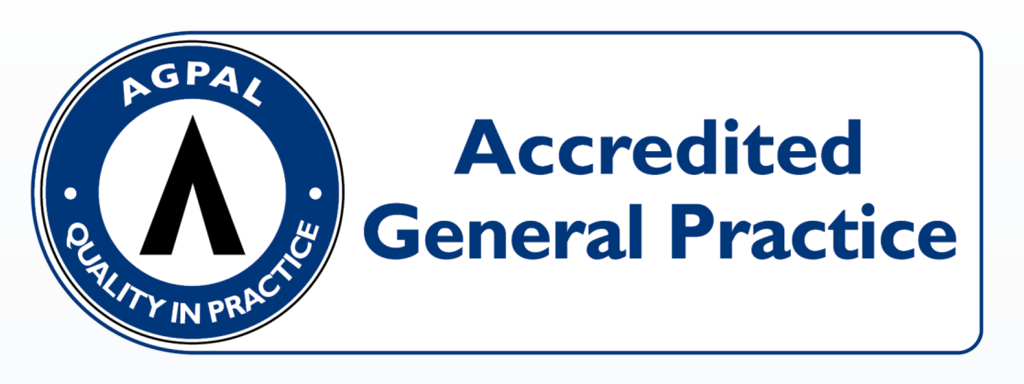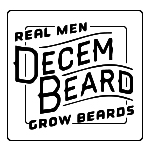Decembeard
Bowel Cancer Australia
1 – 31 December
Bowel cancer affects men of all ages. 1 in 11 Aussie men will develop bowel cancer in their lifetime. A hair-raising fundraiser, Decembeard Australia encourages REAL men to grow a beard. For more information visit the website, www.decembeard.org.au.
Bowel cancer and men – the facts
1 in 11 Australian men will develop bowel cancer in their lifetime.
Bowel cancer affects men of all ages – the risk increasing with age.
Around 55% of all Australians diagnosed with bowel cancer are men.
Anything that increases your chance of developing bowel cancer is called a cancer risk factor. Some risk factors can be avoided, but many cannot.
Age, family history, hereditary conditions and personal health history can all influence your bowel cancer risk. These factors cannot be changed and are therefore referred to as non-modifiable.
Bowel cancer and men – the impact
Bowel cancer is Australia’s second biggest cancer killer and the third leading cause of cancer deaths in men.
More than 8,000 Australian men are diagnosed with the disease each year.
Around 560 (7%) of those men diagnosed with bowel cancer are under the age of 50.
Over 2,300 men die from the disease each year, more than double the National road toll for men.
Bowel cancer and men – prevention
Symptoms
In its early stages bowel cancer often has no obvious symptoms.
It is vitally important to recognise possible bowel cancer symptoms and have them investigated if they persist for more than two weeks.
Not everyone who experiences these symptoms has bowel cancer. Other medical conditions, some foods or medicines can also cause these changes.
Some men, however, may experience the following symptoms:
• a change in bowel habit;
• a change in appearance of bowel movements;
• blood in the stool or rectal bleeding;
• frequent gas pains, cramps, or a feeling of fullness or bloating in the bowel or rectum;
• A feeling that the bowel have not emptied completely after a bowel movement;
• Unexplained anaemia (a low red blood count) causing tiredness, weakness or weight loss;
• Rectal or anal pain or a lump in the rectum or anus;
• Abdominal pain or swelling.
If you are experiencing any of the above symptoms for more than two weeks, don’t delay in talking to your doctor about them.
However old you are, you should never be told by your doctor that you are too young to have bowel cancer.



